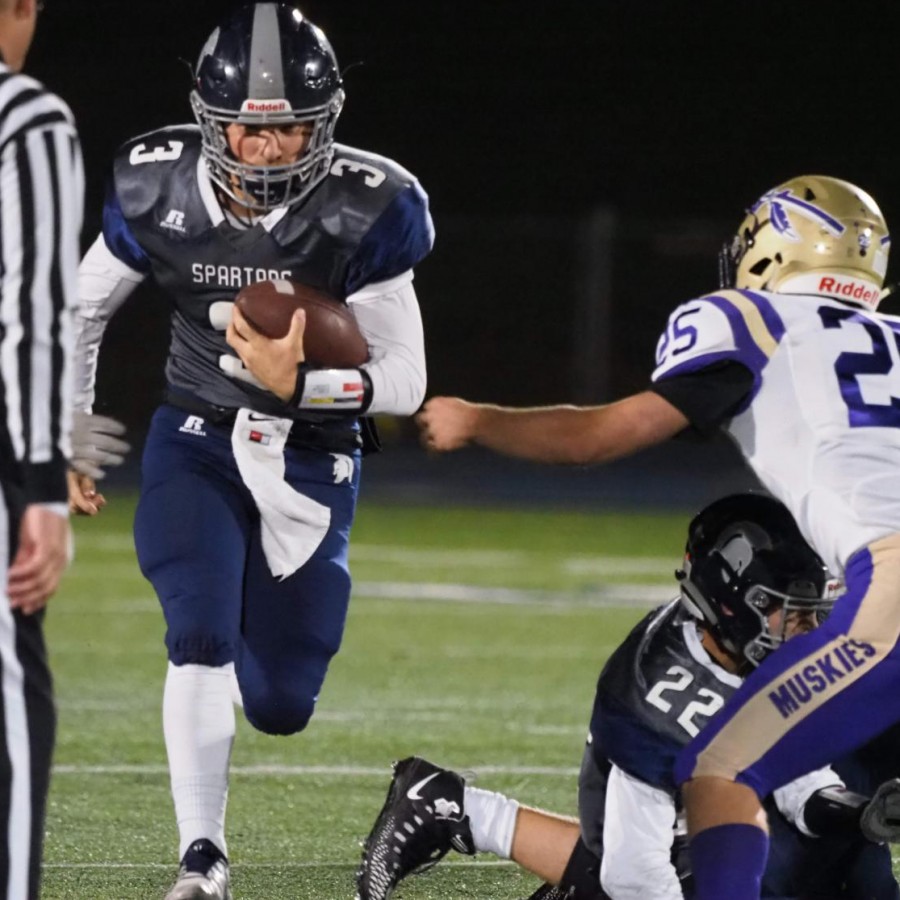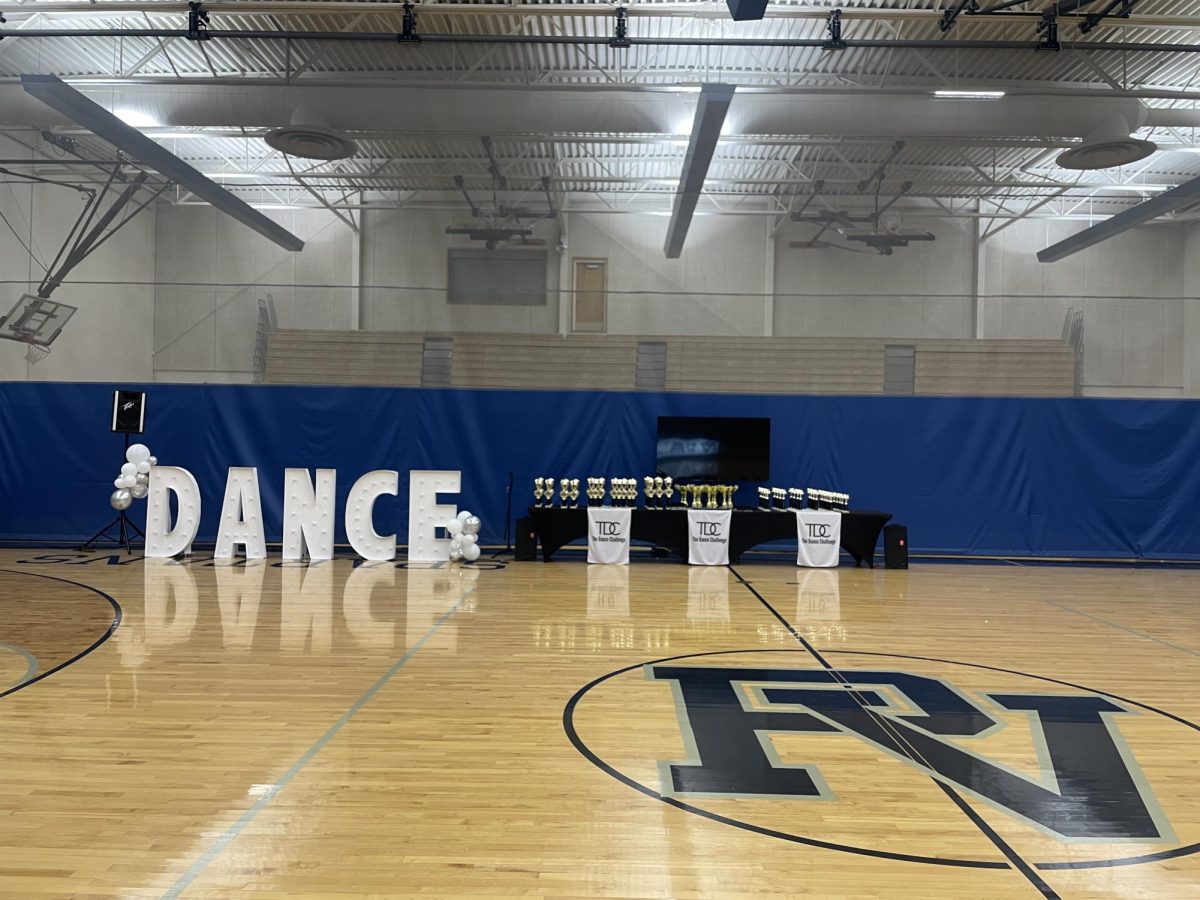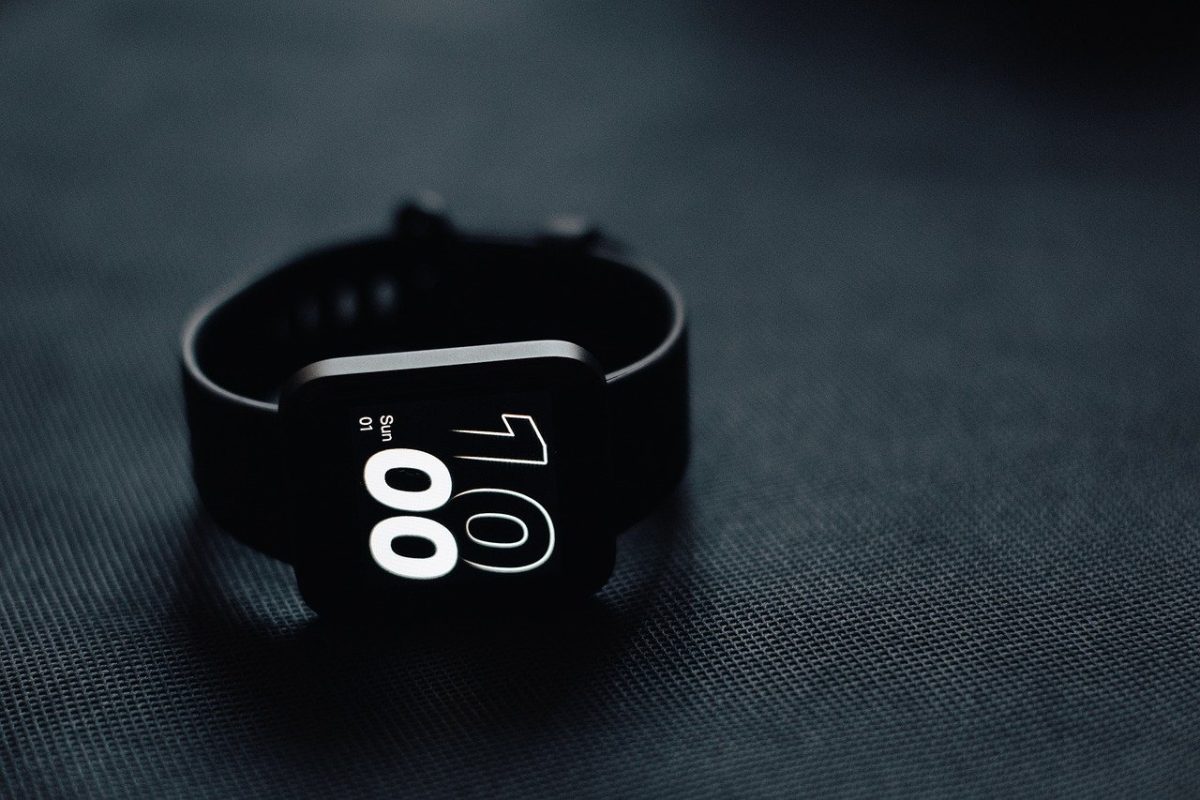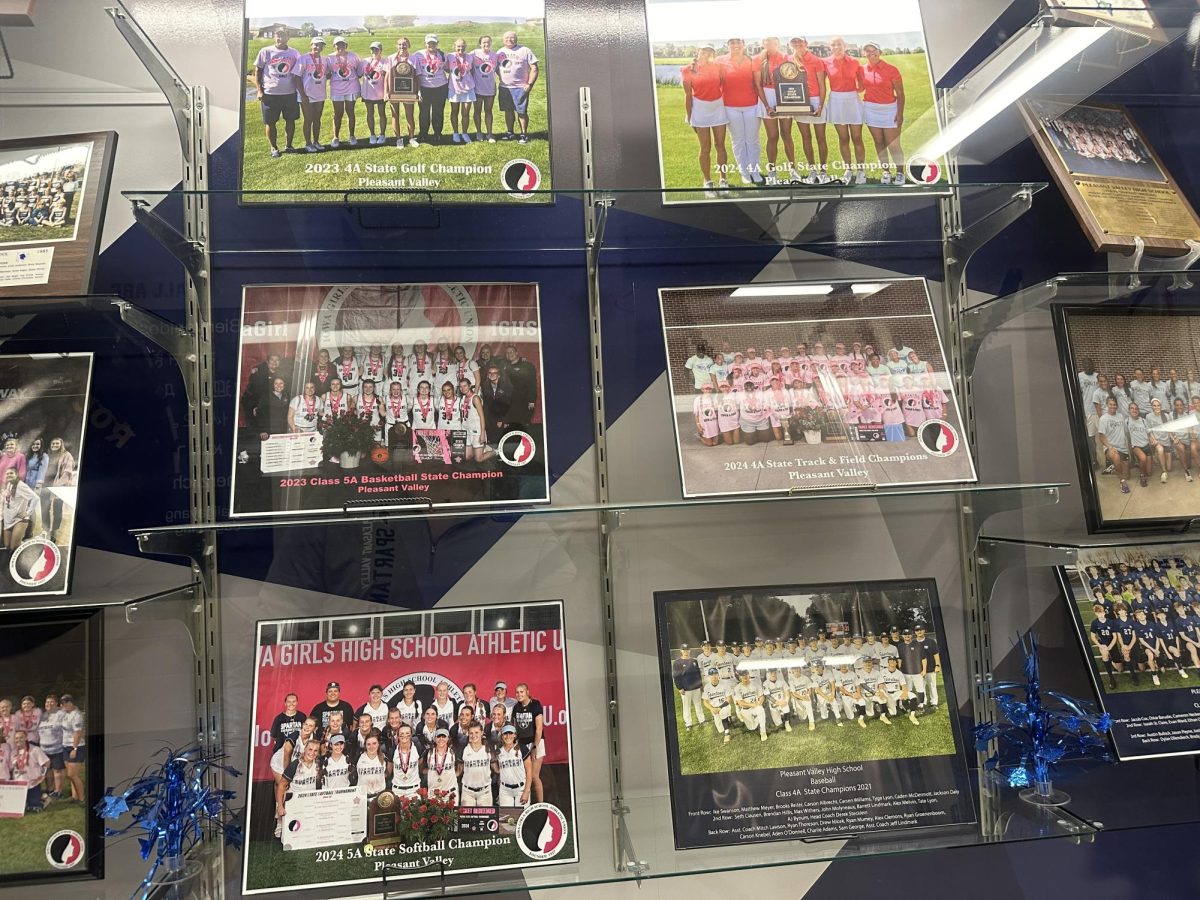Football first started in the 1880s when professional rugby player, Walter Camp, changed some of the rules of rugby to invent the now popular sport of American football. The sport was a tough, gritty game between two teams that went at each other for an hour and battled it out on the field until one team was victorious.
However, the game hasn’t been the same since then. As the years have progressed and football became an extremely popular sport, the game evolved and changed with the times. As the safety of players and the intent of keeping players healthy and capable for longer came to the forefront, the game adapted. Pads and helmets became better and safer and the rules changed to allow for players to not get injured so easily.
Just like any other sport, fans are never completely satisfied with the rules of the game all the time, and this was exactly the case during the National Football League game on Sept. 16 between the Packers and Vikings.
With 1 minute and 45 seconds left in the 4th quarter, the Packers were beating the Vikings 29-21 and were now on defense trying to prevent the Vikings from being able to tie the game. As Vikings quarterback, Kirk Cousins, released a pass that would have ended as a Packers interception in order for the Packers to secure the victory. Defender Clay Matthews came in and hit him with a textbook tackle that, instead of being let go, was called as a foul against the defense. Thus negating the interception and allowing Minnesota to tie the game in the end.
The reaction to the call was extremely negative. Many people believe that the ruling was unnecessary and that the call should not have occurred in the first place. According to Sanjiv Iyer, a junior at Pleasant Valley High School, “I thought the call was completely unnecessary and played a crucial role in the outcome of the game.” Iyer also said that, “After the injury of Aaron Rodgers last year, the league has made it it’s priority to protect the quarterbacks. While the cause is for the right reason, it makes it difficult for the physical nature of the sport to be highlighted.”
This effort by the league to protect the quarterback has also created other negative effects as well, such as the injury of defensive players that don’t want to be penalized. Iyer said, “In fact, in an effort to not be penalized, a Dolphins player was injured while trying to tackle the quarterback. I think in the end, it’s not good for the league and just makes it softer in general.” This sentiment of the league getting softer isn’t just Iyer’s. Many fans of the sport are now saying that the rules and penalties in place are restricting the game from being played how it should be.
This changing of the game has a huge trickle down effect as well. High school and college athletics are also experiencing the effects of the game becoming more safety oriented and protective of quarterbacks. According to Jamie Trentz, “I do think the quarterback is given more protection by the roughing the passer and unnecessary roughness rules. If the quarterback is running the ball and gets hit as he’s going down, it’s more than likely going to draw a flag.”
Our own high school teams and players have been affected by this recent change in play style of the game of football and it is not good for the game of football. Trentz also said, “I think it is bad for the game of football because why should the quarterback be the position that gets special treatment from the refs. Every position is just as important as next on the football field.” This attitude reflects the way many feel about the game as it is played now and will continue to feel unless the rules are reviewed.










